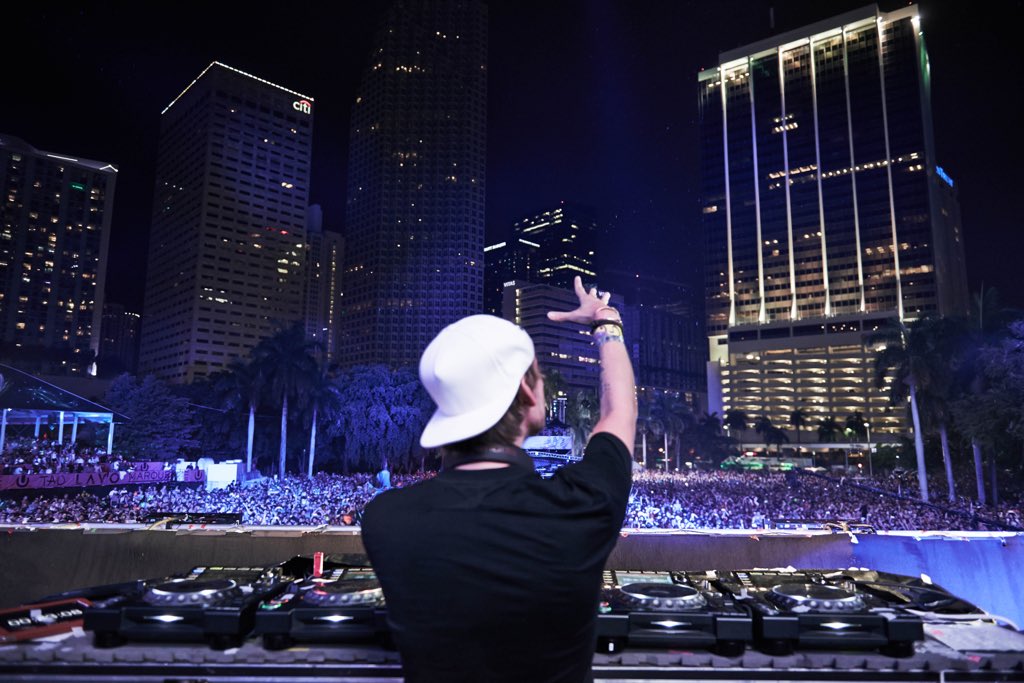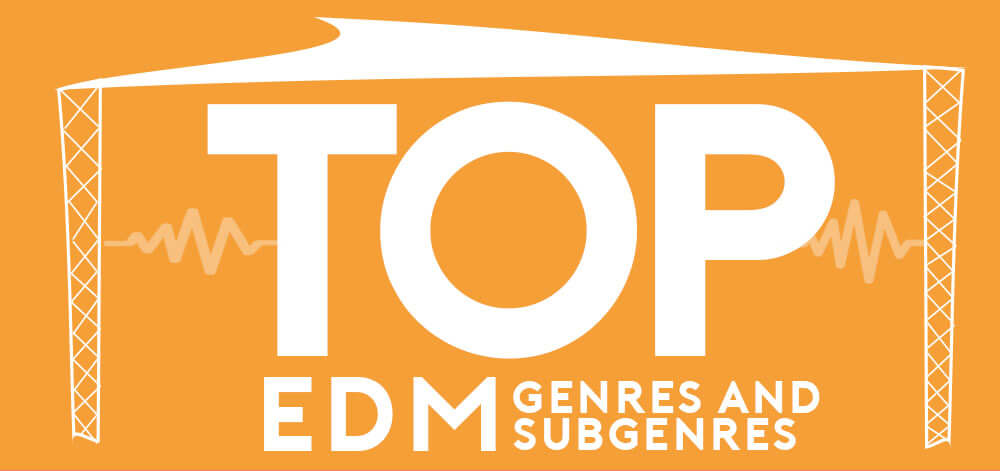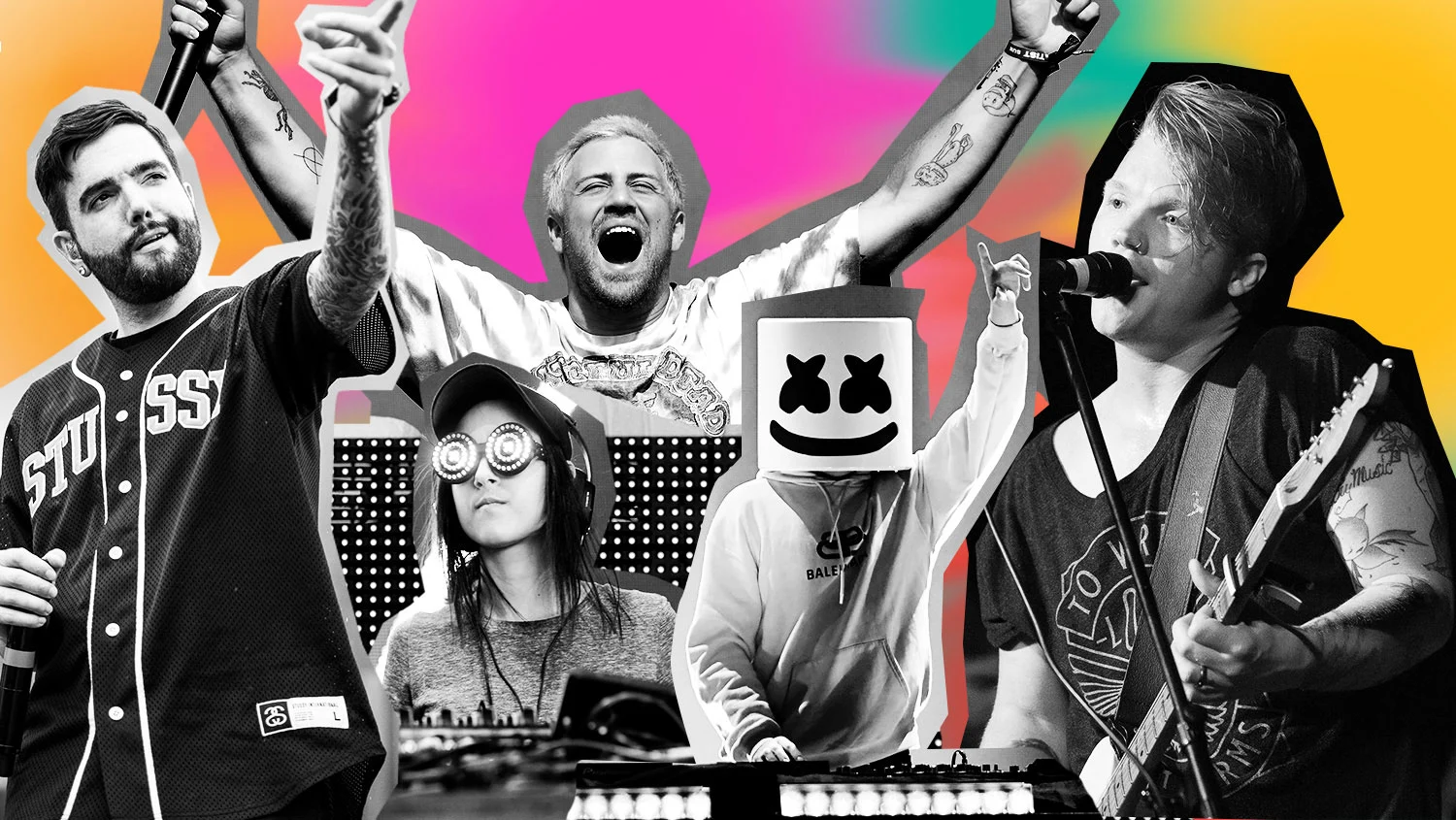
As you may have concluded from the article intro, the definition of electronic dance music is a simple one. Often abbreviated to EDM, electronic dance music boils down to "all music produced electronically for people to dance to". See what we did there? Electronic(ally produced) dance(able) music. That's all. It’s that simple!
Keeping the above definition in mind, we can trace the origin of electronic dance music back to Jamaica in the 1960s. The artists there tried to create new forms of music by overlapping multiple tracks on reel-to-reel audio tape recorders. This certain style of music, which was called dub music, became popular in night clubs and bars and was essentially the first form of electronic dance music, even preceding disco.
In the 1970s, when the disco era started coming to an end, a similar thing occurred. A man called Frankie Knuckles tried to recreate tracks and sounds by fusing various genres, adjusting the tempo and adding percussion. House music was born, a style of music so infectious it soon spread to the rest of the world. Within a next few decades, countless new genres popped up within the electronic dance music spectrum. And now, EDM is one of the most thriving and popular entities in the entire music landscape.
A great way to measure the popularity of genres within electronic dance music throughout the years is to run through the results of all annual DJ Mag Top 100 polls. You’ll notice that the popularity gradually shifted from credible (now old-skool) house to the more hands-up, festival-oriented sound (progressive house/big room) once EDM started crossing over into pop culture more.
While the term "EDM" has been a buzz term for the last few years, electronic dance music has been here for decades. And no matter how you slice it, we can't see the term EDM and lump every style and artist that puts out electronic music into one pot. It does a disservice to the individuals making the music, and the people who have been documenting the music. We're at a crossroads, though; we are documenting the EDM scene, but want people to know that the world of electronic dance music is more than just the DJs on the Ultra main stage.
You can't really blame the outside media for any confusion with the term EDM, though - if no one is giving them a simple guide to differentiate dubstep from house, how can you get so cross when they mess a term up? The onus is on us to provide them with some guidance. And while this guide isn't a complete beginning-to-end picture of each genre, we've provided snapshots of each of the more popular styles of EDM for those seeking guidance to explore, to make more informed choices for festivals, or just to avoid embarrassment in conversation. In this guide, you'll find some of the most well-known genres in EDM today, with a listing of notable subgenres, artists, and labels within each, as well as examples (both old and new) of each genre's sound. Take your time and enjoy your journey through our comprehensive guide of EDM genres.

